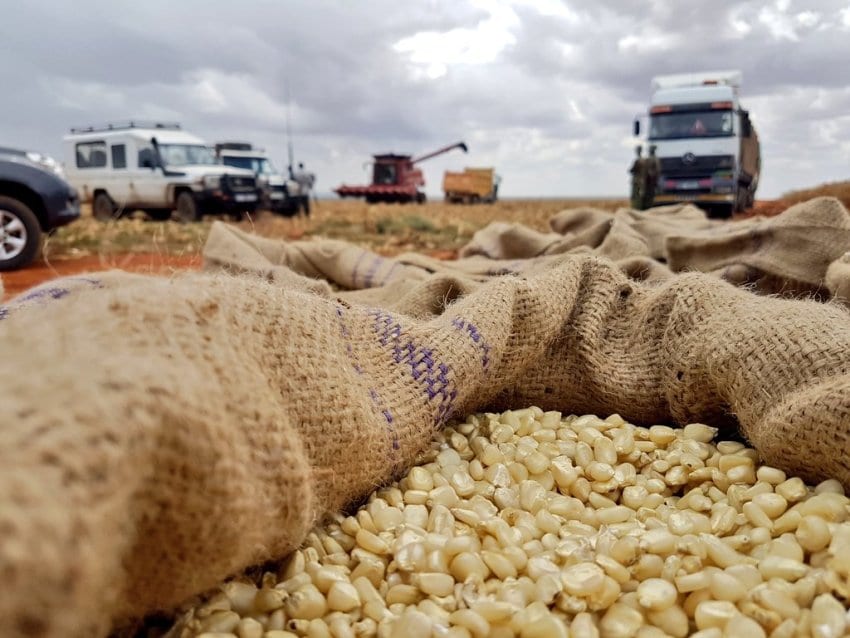TRANSITIONAL farming will increase agricultural production and productivity in urban areas as they target to contribute three percent to national grain harvest from one percent last season.
According to the provincial development coordinator of Harare Metropolitan province, Tafadzwa Muguti, farmers can use urban open spaces for agricultural purposes, but with strict measures put in place.
“It’s not urban agriculture, but transitional farming, meaning that the land you are using is not designated for agriculture activities, you are farming until that land is going to be used for what it was meant for,” Muguti told the Daily News recently.
“This will make the land productive and prevent land barons from accessing it.
‘‘ right now are able to farm in open places, but they should follow environmental rules. Agritex officers will ensure there is no stream bank cultivation and conservation methods are followed.
“We tried to strike a balance between wetlands and agriculture and we now have a wetlands map which will soon be made public. We condemn farming on wetlands as it harms the environment.”
According to the World Food Hunger report, approximately 5,3 million people in the country are facing food insecurity despite the bumper harvest this season.
Muguti said transitional farming would increase urban food security.
“We have an increase of over 200 percent from our last year list of Pfumvudza inputs receivers.
“Last season Harare metropolitan contributed 1,3 percent of the national harvest and people took their maize to GMB. We are expecting them to do the same and to grow this season, setting the goal at three percent.
“People who have large pieces of land are encouraged to use their backyards and follow conservation methods that the presidential input subscribes to.
“In terms of food security, we are encouraging humanitarian aid organisations to start putting funding towards agriculture activities instead of giving food to people who are able-bodied,” Muguti added.
by
Melisa Chatikobo
STAFF WRITER
